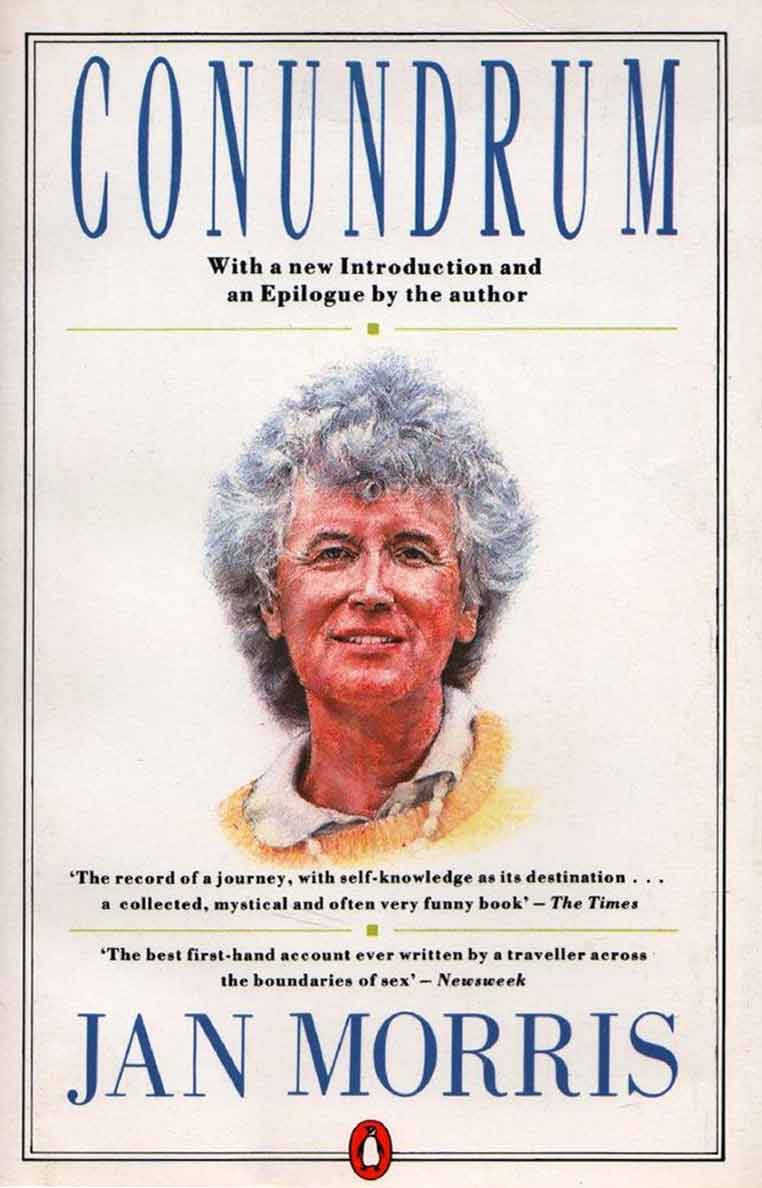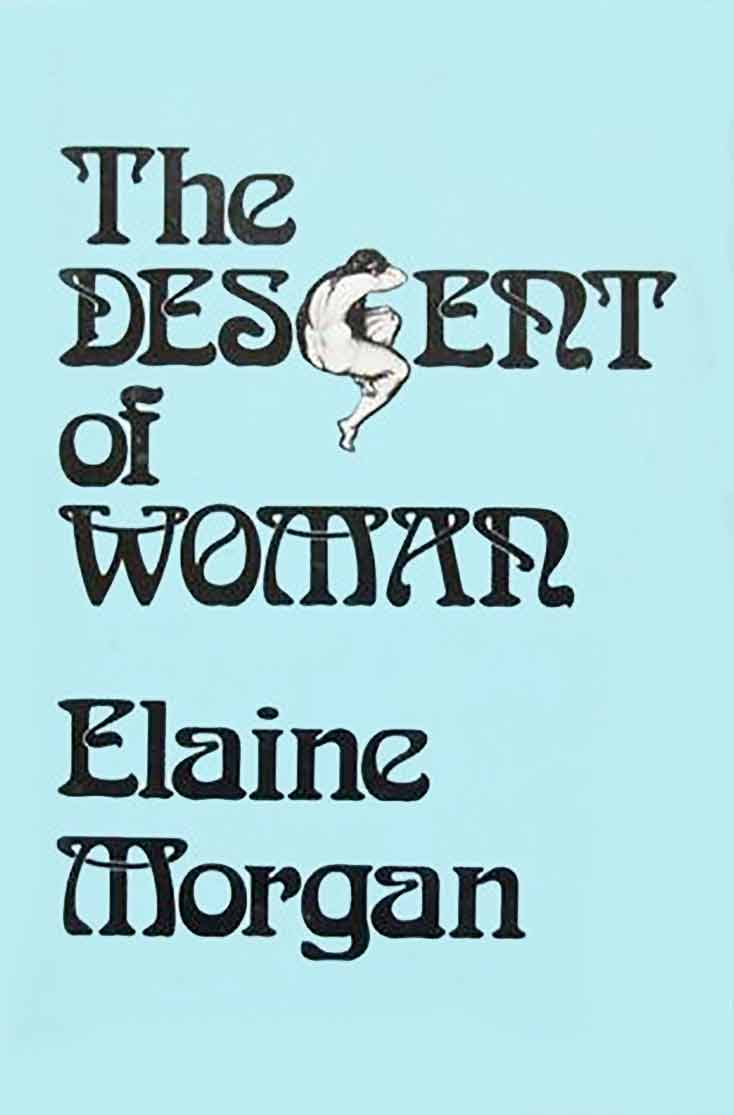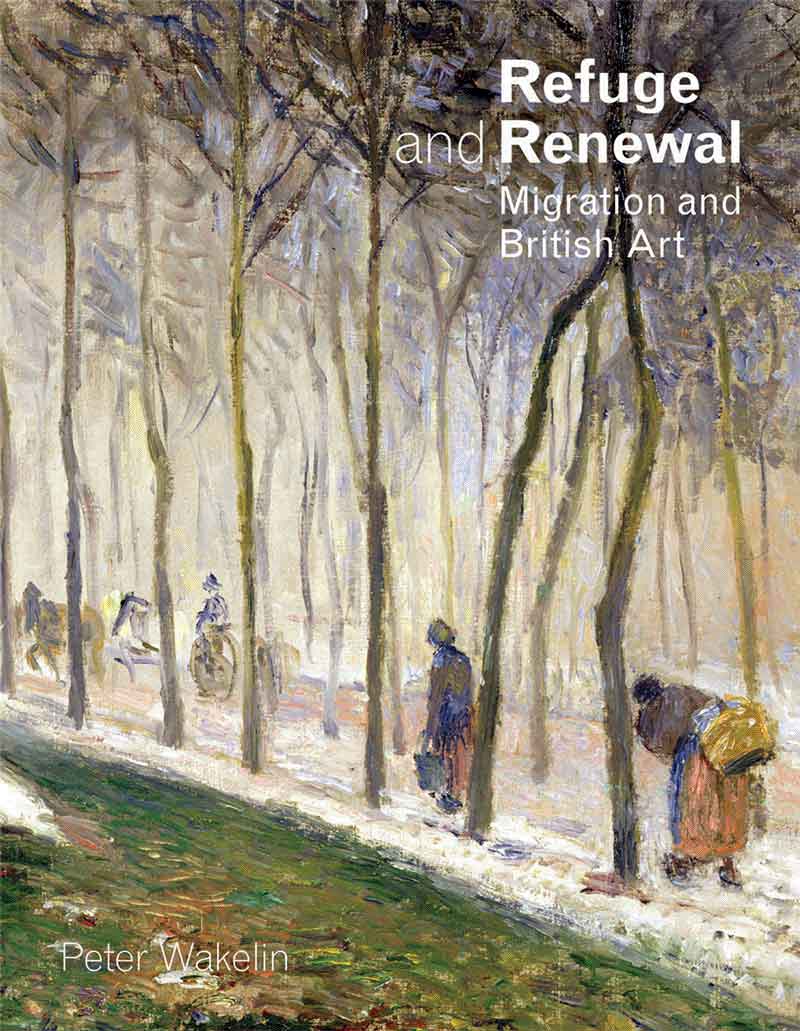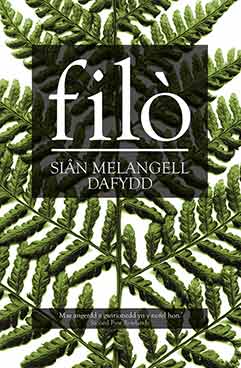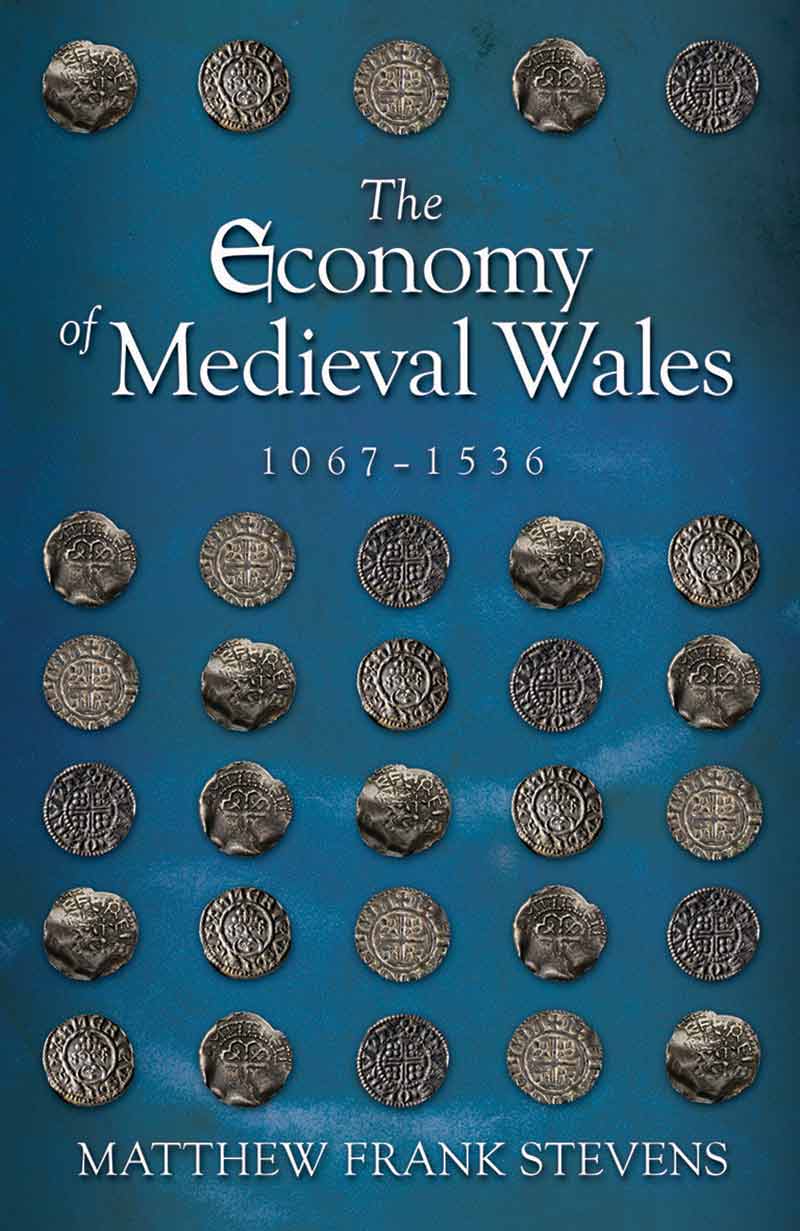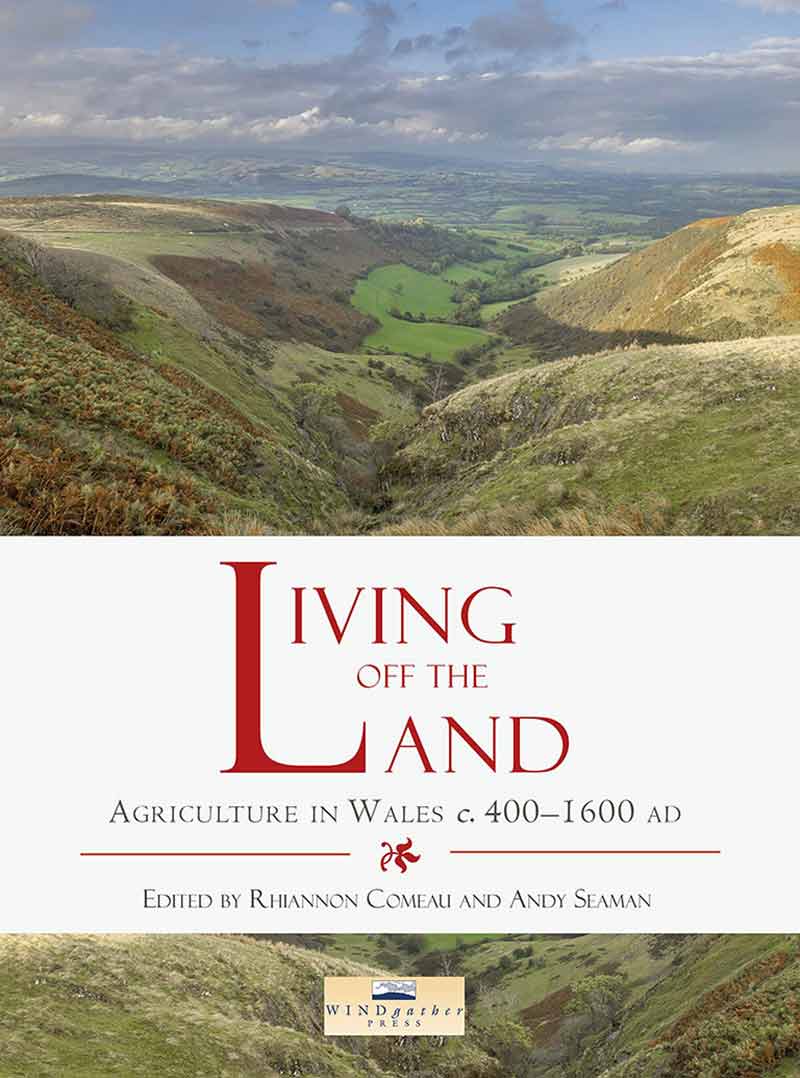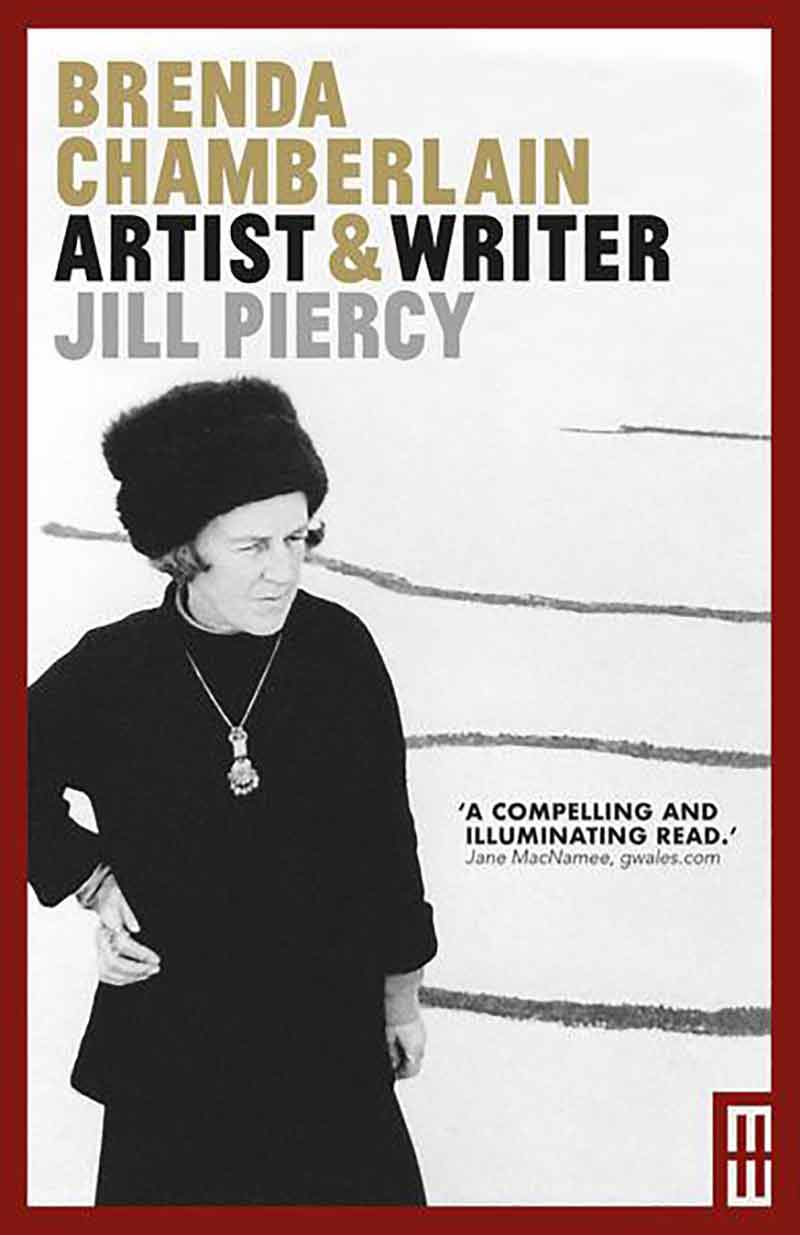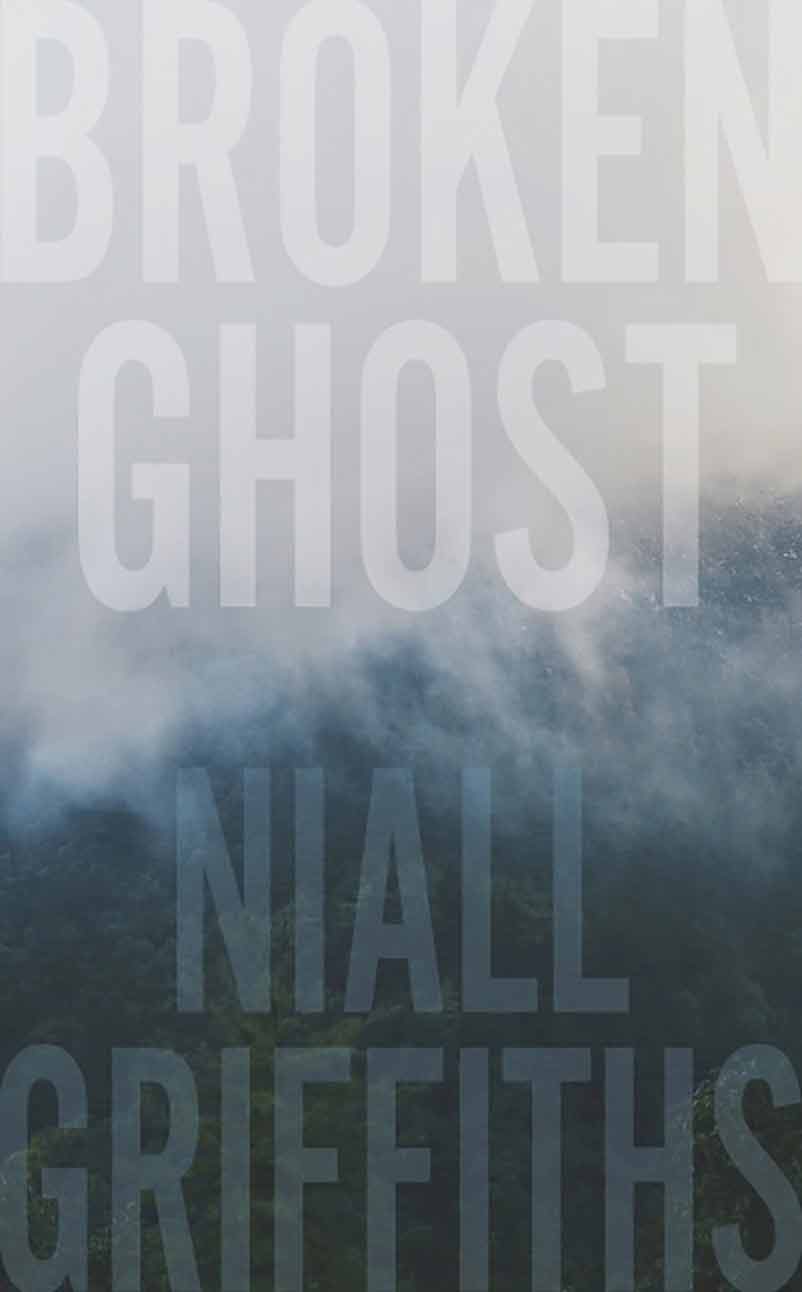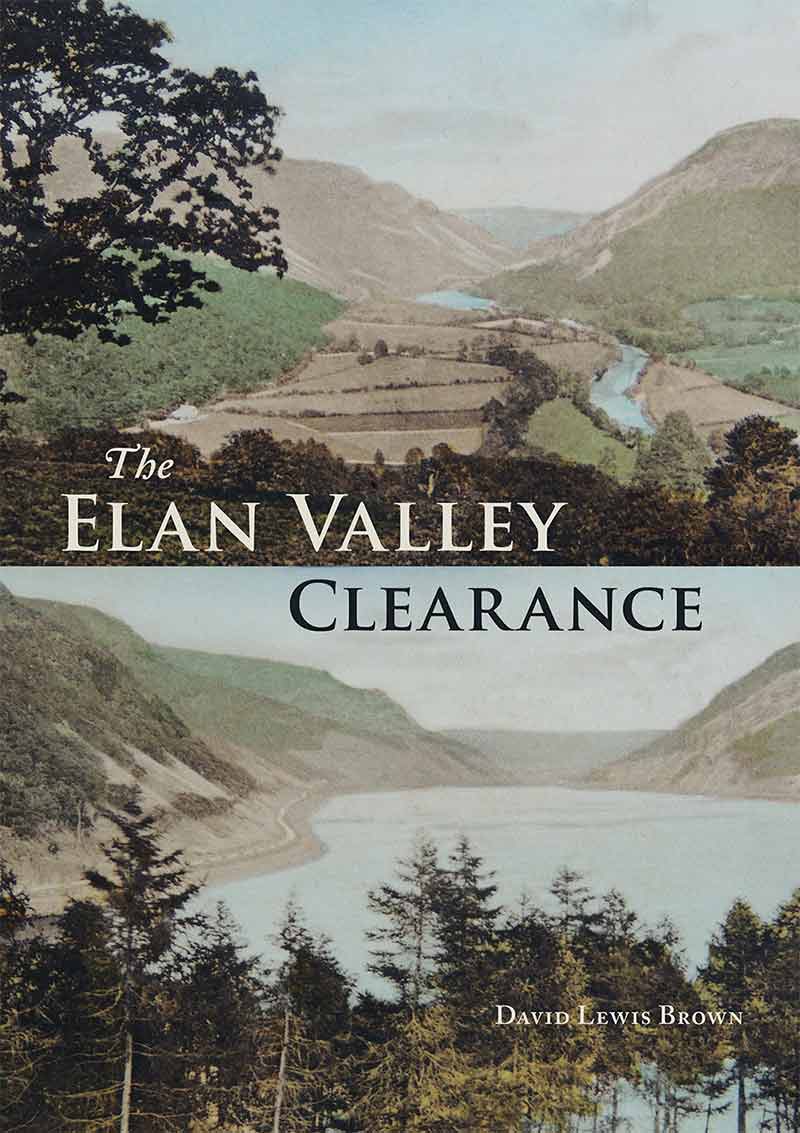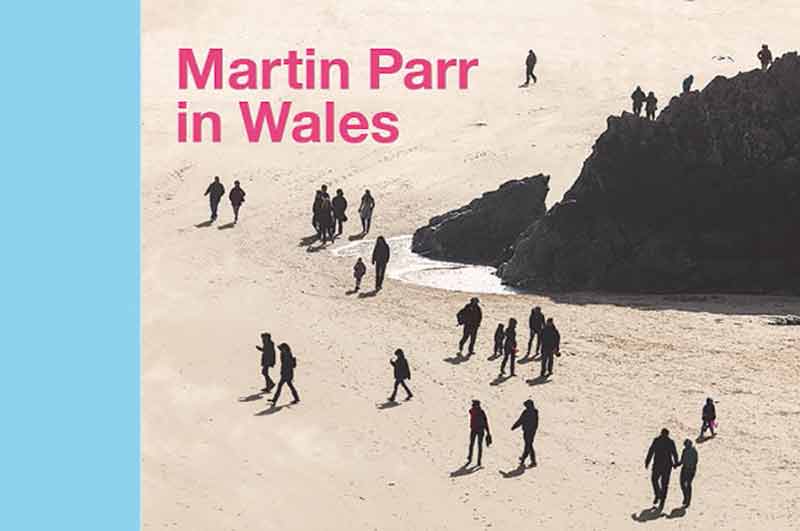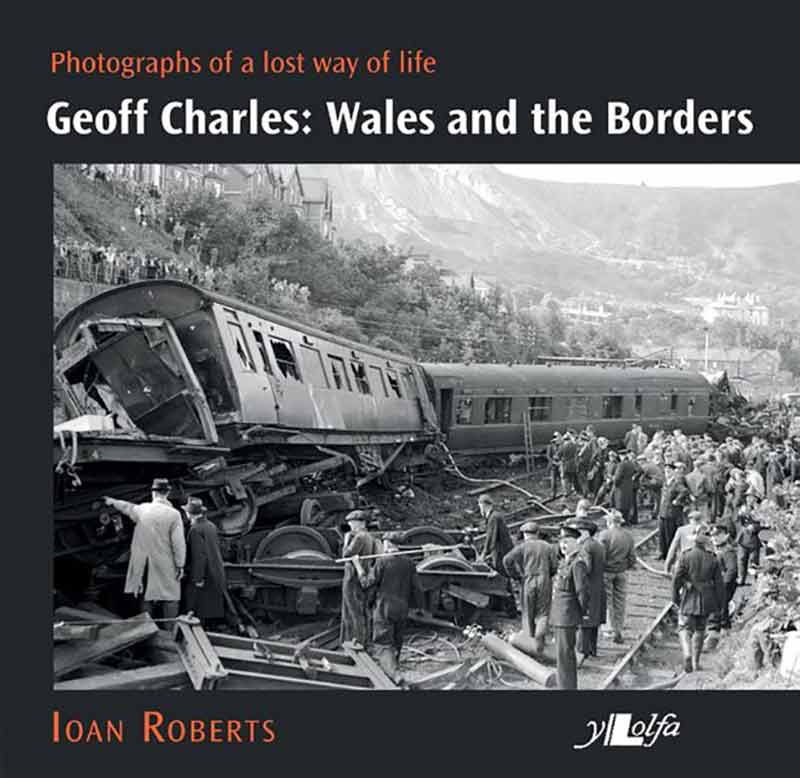In a new series that proposes how society could change for the better in response to Covid-19, Russell Todd and Andy Green argue why a deadly heatwave in 1990s Chicago demonstrates how vital a close-knit community is for people to not only survive pandemics but thrive beyond them. How can we build stronger social infrastructure?
Read moreOur Welsh Keywords offers contemporary perspectives on the meaning of words in Welsh, inspired by Raymond Williams’ Keywords. In this issue, Catrin Ashton remembers her Taid and his term of endearment, cwrgi. She mourns the loss of Y Wenhwyseg, and reflects on how its spirit survives in the English of the south-east Valleys. However, with the beginnings of gentrification from England could this be lost too?
Read moreAs we face new pandemics and perils, Ted Parry identifies the most powerful stories, imagery and ways of being as relayed through Welsh history that can be drawn upon to inspire support for an independent and socialist Wales.
Read moreOur series of creative responses to Wales’ rail network, Reading Between the Lines, brings new insights into a Wales fragmented by its travel infrastructure. In this issue, David Llewellyn takes us along one of the most sublime stretches: Gowerton to Carmarthen. He relates why this journey brings to mind reflections on the triumph of nature over industry and the relationship between beauty and danger.
Read moreAfter four years, and with a major new report by the Future Generations Commissioner about to be published in May 2020, Frances Williams shares some of her research findings on how well the Well-being of Future Generations Act (2015) is serving the people of Wales.
Read moreA Poem by Richard Marggraf Turley
Read moreHafren Evan draws on memories of being a closeted trans youth in Wales to explore growing awareness of the biologically based nature of trans identities, and of their age-old nature too – tracing the existence of a third gender within pre-colonial Oceanian cultures and back further to contested accounts of complex gender identities among the Iron Age peoples.
Read moreKieron Smith examines the often-subtle neoliberal agenda behind much Welsh Government culture policy, scrutinising the Arts Council of Wales and the newly created Creative Wales. How can the state enable culture to flourish freely and fully in a Covid-19 era?
Read moreFrances Williams reviews Sean Edwards’ exhibition ‘Undo Things Done’, which is due to tour to the Senedd. She asks to what extent work like this, which draws on personal experience of class inequality, can challenge class hierarchies while existing within the institutional confines of contemporary arts practice.
Read moreAndrew Whitehead relates the story of a now-forgotten figure in Welsh literary life during the First World War – a young woman from India who achieved acclaim in Wales while also experiencing racism and a broken heart.
Read moreBook Review Section
The end of the second week of the coronavirus lockdown, and things are getting twitchy. Many people are desperate to read, but finding that they are too distracted, too edgy, or just too long out of the habit. We must persist and insist, for as we see here, they provide so many urgently needed answers.
In the Planet at 50 strand, Sara Huws reappraises two Welsh classics of the 1970s and their take on the ever-thorny borders of gender, sex and sexuality. We travel other borders too, literally so with migrants and refugees in art and literature, but also though history and in themes that continually loop us back to now (see for instance Andrew Green’s timely report from the fourteenth-century frontline of the Black Death).
Above all, we celebrate the power of the stories we tell, in any medium – a power needed now more than ever, for this is a terribly perilous moment. In words that could be the motto for 2020, Georgia Burdett says of Niall Griffiths that he ‘shows how culture can scare authoritarians, and how, given time enough, what unexpected chains of remedy could occur’. Bring on the chains of remedy.
Mike Parker has been writing for Planet for almost half of its fifty years. His latest book On the Red Hill burrows deep into the Montgomeryshire hills, and is newly out in paperback and audiobook.

